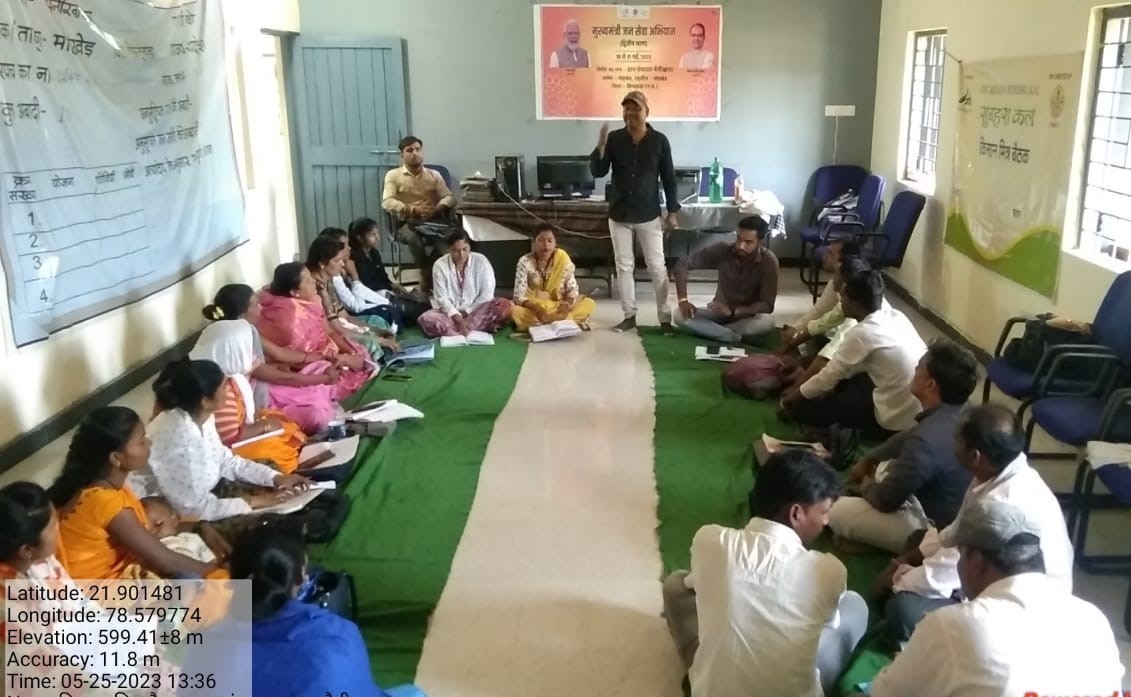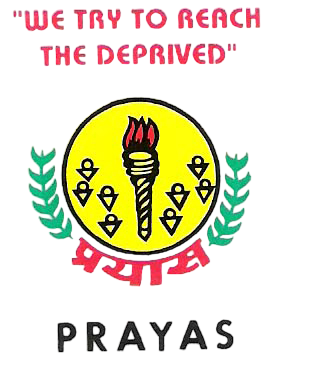Governance

IDYWC creates organic links between the community and its economy; develops strong grassroots-level leadership; and addressing felt needs of a community within the complex development process The 73rd Constitutional Amendment Act came into force in India in 1993 ushering in electoral representation throughout rural India. Gram panchayats (GPs) are institutions of local self-governance in rural India. The GP is the base of a three-tier system that comprises local self-governance bodies for rural people living at the district, the intermediate, and the village levels, respectively. This three-tiered structure is known as Panchayat Raj ... The 73rd Constitutional Amendment Act came into force in India in 1993 ushering in electoral representation throughout rural India. Gram panchayats (GPs) are institutions of local self-governance in rural India. The GP is the base of a three-tier system that comprises local self-governance bodies for rural people living at the district, the intermediate, and the village levels, respectively. This three-tiered structure is known as Panchayat Raj.
The work of IDYWC is based on three practice implications, the significance of developing organic links between a community and its economy; building effective grassroots-level leadership; and addressing felt needs of a community within the complex development process.
Meaningful participation of the people is the vital requirement in strengthening the Panchayati Raj Institutions. Gram Sabha, a constitutional body comprising all persons registered in the electoral roles of a village falling within the jurisdiction of a Gram Panchayat.It refers to the supremacy of the people. People’s active participation in Gram Sabha makes the development process sustainable.
To generate awareness and social mobilization for people’s participatory planning a multi-pronged communication strategy was adopted to persuade the local and tribal people to participate in the conduct of Gram Sabha, including distribution of invitation cards to each household, putting hoardings and banners in public places and village fairs, distributing leaflets, announcing the event through microphone. Moreover, to provide real substance to grassroots governance, a special effort was made in ensuring the participation of women and other communities like Scheduled Castes, Scheduled Tribes, in the Gram Sabha meeting.
The focus of the work is to strengthening capacities and leadership of elected representatives through thematic training and workshops so that they can step out as confident, well informed, and capable public office holders to streamline the Gram Panchayats.
On the other hand, empowering elected women representatives (EWRs), as key change agents in local institutions of governance (Gram Panchayats) by strengthening their political leadership and participation, with a gender and human rights perspective. Women always have different sets of priorities in development, like food security, water, health, and education, it becomes necessary to mobilize women to participate in large numbers in these Gram Sabhas to articulate their views and concerns.
Therefore, IDYWC took this initiative to build capacities and enhances the skills of these Elected Women Representatives of Gram Panchayats. The main concern is to enable these women leaders to actively participate in the decision-making process both at family and village level, develop a conducive atmosphere to enable women's participation in local governance and their representation as 'Leader for Ever' through building capacity and facilitate the process to enable these women leaders to raise their voice and make demands against their problems in the Gram Panchayat meetings.
This mobilization provides solidarity and support to the elected women leaders, it also provides an opportunity for greater transparency, downward accountability, and a better practice of democracy on the whole.
